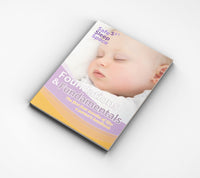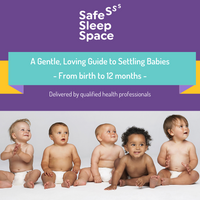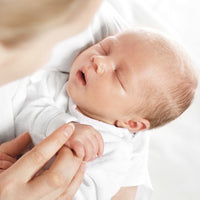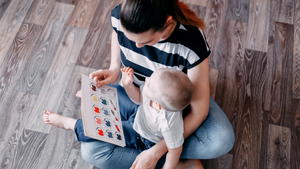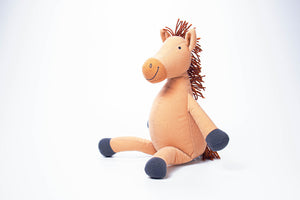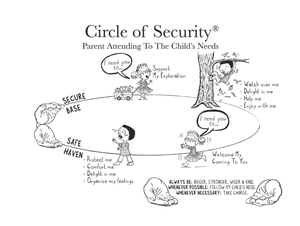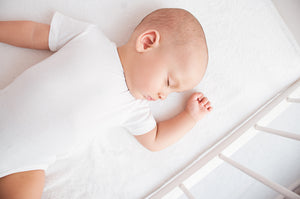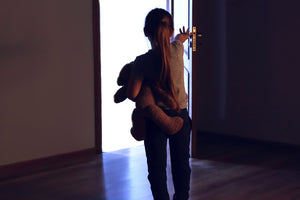Sleep Disturbances And Autism Spectrum Disorder In Children

Sleep disturbances and ASD in children
We all need sleep. Children, in particular, need adequate amounts of sleep to grow, learn and to support their memory formation. According to researchers, toddlers aged between 12-18 months of age generally sleep for 13-15 hours in a 24 hour period, children 5-13 years of age need an uninterrupted 9-11 hours of sleep each night, and adolescents aged between 14-17 years need 8-10 hours per night.
Although sleep is a basic human requirement, some children just don’t sleep well and need lots of support to learn how to fall asleep and stay asleep for restorative lengths of time.
Autism Spectrum Disorder
Children with Autism Spectrum Disorder (ASD) can be particularly affected by insomnia, with around 40-80% of children impacted compared with typically developing children where sleep issues affect around 10-40%.
Some children with ASD, experience challenges that can affect their ability to engage with other people and can commonly display repetitive patterns of behaviour and activities. Some children with ASD can also be developmentally delayed and have psychiatric illnesses which add to the complexities of their management.
Tiredness and lack of sleep can lead to an increase in ASD symptoms, making some children more irritable and anxious and also in becoming more hyperactive with greater sensory sensitivity. In turn, this leads to a wider impact on the family, especially parents whose own sleep may be affected making them feel more stressed.
ASD and sleep – the differences
Children with ASD tend to show many differences in their sleep when compared to children without ASD. Generally, this is due to multiple reasons but includes the role of genetics, cultural factors and the child’s individual capacity to regulate their emotions and understand what’s going on.
The main differences relate to difficulties dropping off and staying asleep, waking more frequently and staying awake, having irregular sleeping and waking patterns and not having restorative sleep which then affects how they function. They also have less duration of Rapid Eye Movement (REM) sleep which may be connected with an abnormality in the maturity of their nervous system.
10 tips to help kids with ASD to sleep better
- Most children, whether they have ASD or not, respond really well to having regular routines around their bed time. Even toddlers, too young to have been diagnosed with ASD tend to settle more easily and sleep for longer periods when there is some predictability with how they are settled and where they go to sleep.
- A reduction in intake of caffeine. Chocolate, energy drinks and some soft drinks all contain caffeine.
- A reduction in screen time in the evenings and before going to bed. Check here for the Australian Government recommendations around screen times for specific ages.
- Settling children in a dark, quiet, non-stimulating and cool room.
- Avoiding bright lights and lots of noise and activity just before settling time. The key is to help children to wind down, not to get excited and wound up. Massage can help children to relax.
- Making sure the child has eaten enough so they’re not hungry. Hunger and thirst will affect their chances of going off to sleep and will cause them to wake.
- Sticking with regular, calm pre-bed rituals so the child knows it’s sleep time and they feel secure.
- It helps for parents and caregivers to stay calm and to think about their own responses to their child’s settling behaviour. Often, behavioural improvement in a child’s sleep starts with parents changing how they manage sleep times.
- Sensitivity to the child’s tired cues. Responsive settling techniques can be very effective for avoiding overtiredness which makes settling more challenging. Yawning, eye rubbing, clumsiness, crying and lack of focus are all signs that it’s time for bed.
- Seeking medical support for the child’s individual needs. It’s important that children are correctly diagnosed and have the right management for their particular type of insomnia.
What else can help children with ASD to sleep better?
- Keeping a sleep diary can help parents and the team supporting them to better understand a child’s sleeping habits.
- Asking the child’s doctor about how to fill out a screening tool which will help to identify if a child has a sleep disorder. Children with ASD can have behavioural issues which are secondary to sleep problems. Tired children don’t tend to behave well and there are often flow-on effects from over tiredness.
- Parents caring well for themselves and looking after their own mental health. Parenting a child with ASD can be very challenging and exhaustion is common for parents and caregivers.
- Setting a regular and set bedtime and wake-up time can help. Ignoring protests and resistance, staying calm and giving the same, consistent messages that it is sleep time can be very useful.
- If there are older children in the family, trying to synchronize all of their sleep times. Life can be chaotic when there’s little routine and predictability with children’s settling times.
Melatonin and ASD
Sometimes, no matter what management strategies are used, children with ASD continue to have insomnia and don’t sleep well. Melatonin, the sleep hormone, plays an important role in sleep.
Studies have shown that children with ASD can have a disruption to the normal secretion levels of Melatonin. This is a sleep hormone which is secreted by the pineal gland in the brain in response to darkness. Melatonin helps with the timing of our body’s circadian, day/night rhythm as well as helping us to transition to sleep. Low levels of Melatonin can have an impact on both dropping off to sleep and then staying asleep.
In Australia, Melatonin can be prescribed by a doctor to treat insomnia in some children, including those with ASD. Melatonin can come in liquid or tablet form and in different dosages depending on the child’s age and weight. Some parents report that Melatonin makes a significant difference to the quality of their child’s sleep and their behaviour as a result of getting better sleep.
Written for Safe Sleep Space by Jane Barry, Midwife and Child Health Nurse.
Additional Resources:
